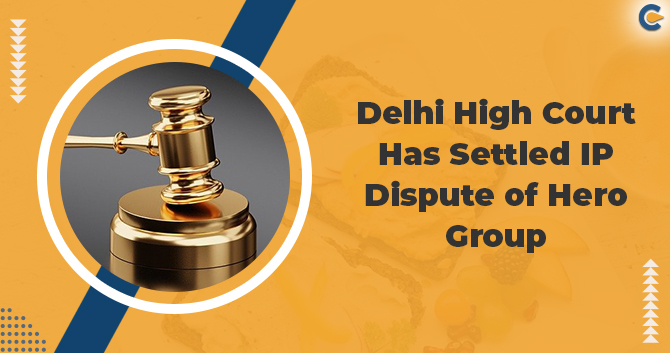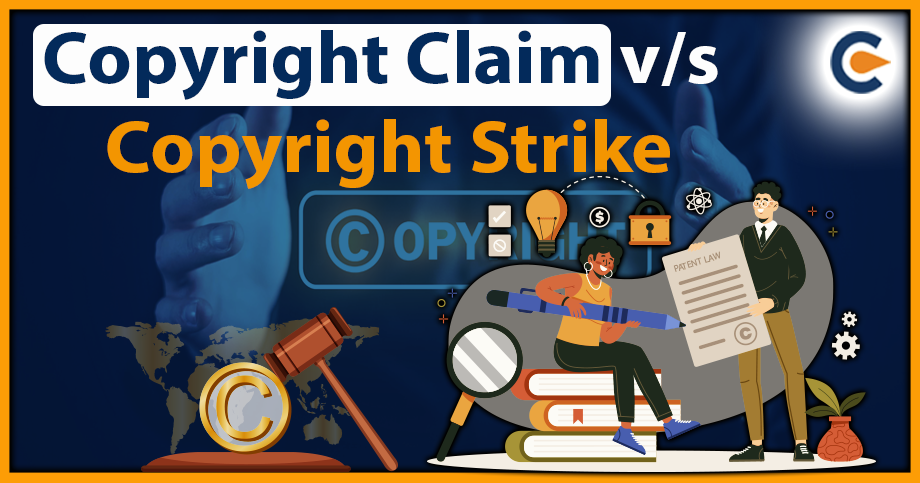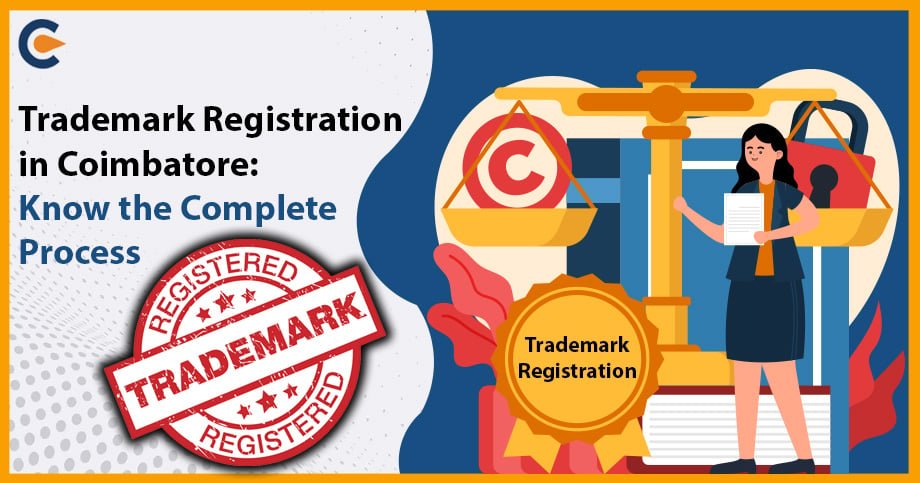Recently, the Delhi High Court settled the disagreement Intellectual Property disputes in the case of Pankaj Munjal-led Hero Cycles and Vijay Munjal-owned Hero Ecotech limited. The dispute was between the Munjal family groups over the trademark ‘Hero’. In this blog, we will discuss how the Delhi High court has settled the IP dispute of Hero group through statutory terms without considering the complications of Intellectual Property laws.
Background-IP dispute of Hero Group
The owner of Hero Group, the Munjal family business[1] is divided into Four groups named F-1, F-2, F-3, and F-4 and considers a Family Settlement Agreement. As per Schedule 7 of the Family Settlement Agreement, Hero Export was transferred to the F-1 group. Also, as per the Family settlement agreement, the dispute of the Hero group is required to resolve through Arbitration. In the above case, the dispute was between F-1 and F-4 groups. Where the F-1 group belongs to the Plaintiff party and the F-4 group belongs to the defendant group.
Apart from the Family settlement agreement, Trademark and Name Agreement (TMNA) was considered between the parties (F1 and F4). Where F1 group granted the F4 group the exclusive rights to use the trademark “Hero” for electronic vehicles. The F1 group also transferred the rights to use the trademark “ Hero” for other classes of goods to F2-F4. With time, Hero Exports started the company Hero Electric Vehicles Pvt. Ltd. for electric vehicles and became a leading manufacturer of electric vehicles in India. The products of HEVPL were sold under the trademarks of Hero Exports. The dispute started when the defendant’s party used the mark ‘Hero’ for their electric vehicles. As both the agreements were controllable to arbitration and as per the arbitral agreement, it was held that e-cycles cannot be treated as electric bikes. As this exclusive right belongs to the Plaintiff party.
Considering the above, the plaintiff to settle the IP Dispute of Hero Group pleaded for a permanent injunction to prohibit the Defendant party (F4 group) to use the trademark ‘Hero’. Countering a plea made by the Plaintiff party, Defendant filed IA under Section 8 of the Arbitration and Conciliation Act, 1996, and claimed that the matter must sit-in judgment through arbitration.
What Issues arise between the parties to resolve the IP dispute of Hero group?
The issue that arose between the parties were to resolve the IP disputes of Hero group was that dispute shall be referred to Arbitration as per the terms of the FSA and the TMNA, which provides the parties of the dispute to appoint the arbitrators. Also, the finding that came out in this case was-
The case does not relate to the grant of registration of the Trademark. As the trademark was already registered before entering into FS and TMN Agreement.
The dispute is clearly between two Family Groups on the right to use the mark which arises from the Family Settlement Agreement and Trademark and Name Agreement. Also, it was supposed to beabreach of the terms of the Family Settlement Agreement and Trademark and Name Agreement, not of the provisions of the Trade Marks Act.
Relevance of other cases to resolve the IP dispute of Hero Group through Arbitration agreement?
To resolve this case, the Court draws attention to the case of Vidya Drolia v. Durga Trading Corporation, which outlines that where the parties have entered into an arbitration agreement, the disputes shall be referred to the Arbitration unless there is a clear conflicting case of non- arbitrability. Therefore, to rule out arbitration, the dispute must be non-arbitrable.
Conclusion
In the above-discussed case of IP dispute of Hero Group, the Family Settlement Agreement, and Trademark and Name Agreement indicates the existence of a valid arbitration agreement. Also, the dispute between the parties was contractual. Wherein the party to the contract pleaded to restraint the use of a Trademark secured with them. The case was not of using a deceptively similar name or trademark infringement. Therefore, the court considered that the dispute between the parties is ex-facie arbitrable. It was decided that it would be appropriate if the petitioner were to present the case before the Arbitrator appointed by the parties and seek interim relief.
Read our article:Basics of intellectual property rights: Explained











